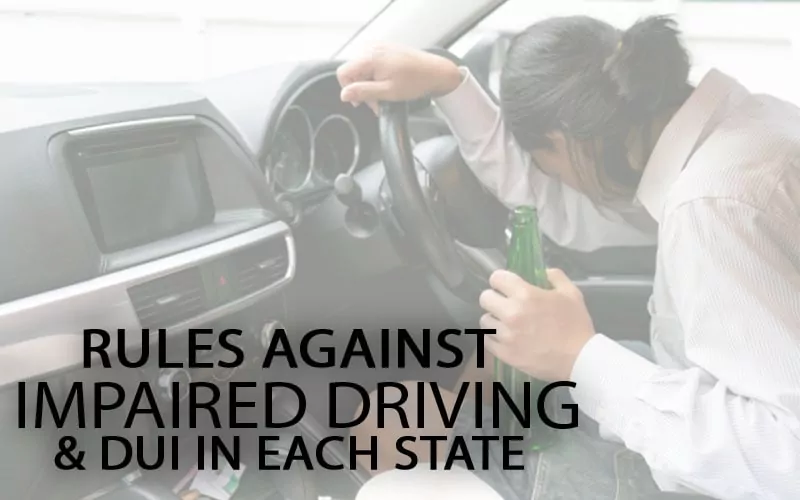Each
State in the country has passed a law that makes it illegal to drive a vehicle
under the influence of alcohol or drugs. Since this offense is controlled by
law, it can be known as the crime of driving while intoxicated (DWI), or
operating a motor vehicle under the influence (OUI) or driving under the
influence (DUI), or some other similar variants. Regardless of how each State
states this infraction, it is illegal to operate a motor vehicle in cases where
people with alcohol or drug problems do so. Moreover, for this, we have
impaired driving lawyers to look after the case.
In
1984, Congress passed the national law on minimum age to possess alcohol (28)
that requires all States to raise the minimum age for the possession and
purchase of alcohol for children under 21 years of age or face the reduction of
the funding of federal highways by the Federal Highway Assistance Law. Today,
all States have enacted strict legislation regarding the handling of a vehicle
while intoxicated. For example, per se laws are presumed laws that state that a
person is drunk, once their level of blood alcohol concentration (B.A.C.) meets
the legal limit. Usually, the threshold level is 0.08%. However, some states
also have lower levels of blood alcohol concentration permissible for certain
classes of drivers- as low limits as 0.04 percent of professional drivers and
zero tolerance levels for drivers under 21 years of age.
Outline of drunk driving law
A
few years ago, the penalties related to driving under the influence of alcohol
were toughened so that those involved in accidents meet an active prison
sentence or are sanctioned with the suspension of their driver’s license.
•
Emilia Law
The
Emilia Law entered into force on September 16, 2014, to supplement the Zero
Tolerance Law to deliver resilient penalties for drivers who are caught under
the influence of alcohol or in a state of intoxication. In the law, which bears
the name of Emilia Silva Figueroa-a minor who died after the vehicle collided
by a drunk driver is sanctioned with effective jail for at least a year to
drivers in the state of drunkenness that generate severe injuries or death.
Also, it is established as an offense to escape from the accident site and
refuses to perform the alcohol test or alcohol test.
•
Zero Tolerance Law
If a driver is caught with alcohol in the blood but does not cause harm to third parties, the “Zero Tolerance Law” will apply, which establishes the state of drunkenness in 0.8 grams of alcohol in the blood. Regarding sanctions, it explains that if a person is caught driving while intoxicated for the first time, without causing damage or injury, his driver’s license will be suspended for 2 years. In the same line, when a person in a state of intoxication causes severe injuries or the death of a person, for the first time, will be disabled to drive a vehicle for life. So, if you are stopped for drunk driving and agreed to a blood alcohol test or blood test, and if the test is returned with a BAC level at or above the threshold, then the prosecutor could introduce this evidence in the Court and he would be considered guilty according to this presumption. Take the first step now and contact a qualified drunk driving offense lawyer near you to discuss your specific legal situation.
Overview of top 10 drunk driving rules
in the United States
- Alabama- $600 to $2,100.
- Arizona –A minimum of 10 days in jail, a $750 fine, a 90-day license suspension.
- Georgia –10-day jail sentence, a minimum $300-600 fine.
- California –Fine of $300-$2,000 or more.
- Hawaii- Fine of $150-$1000.
- Washington– $500 to $5,000.
- Virginia- Fine of $250 to $2,500.
- Florida –One-year license suspension with fines up to $5,000 and five years of jail time.
- South Dakota –A maximum fine of $1,000.
- Pennsylvania –The maximum jail time is five years.
